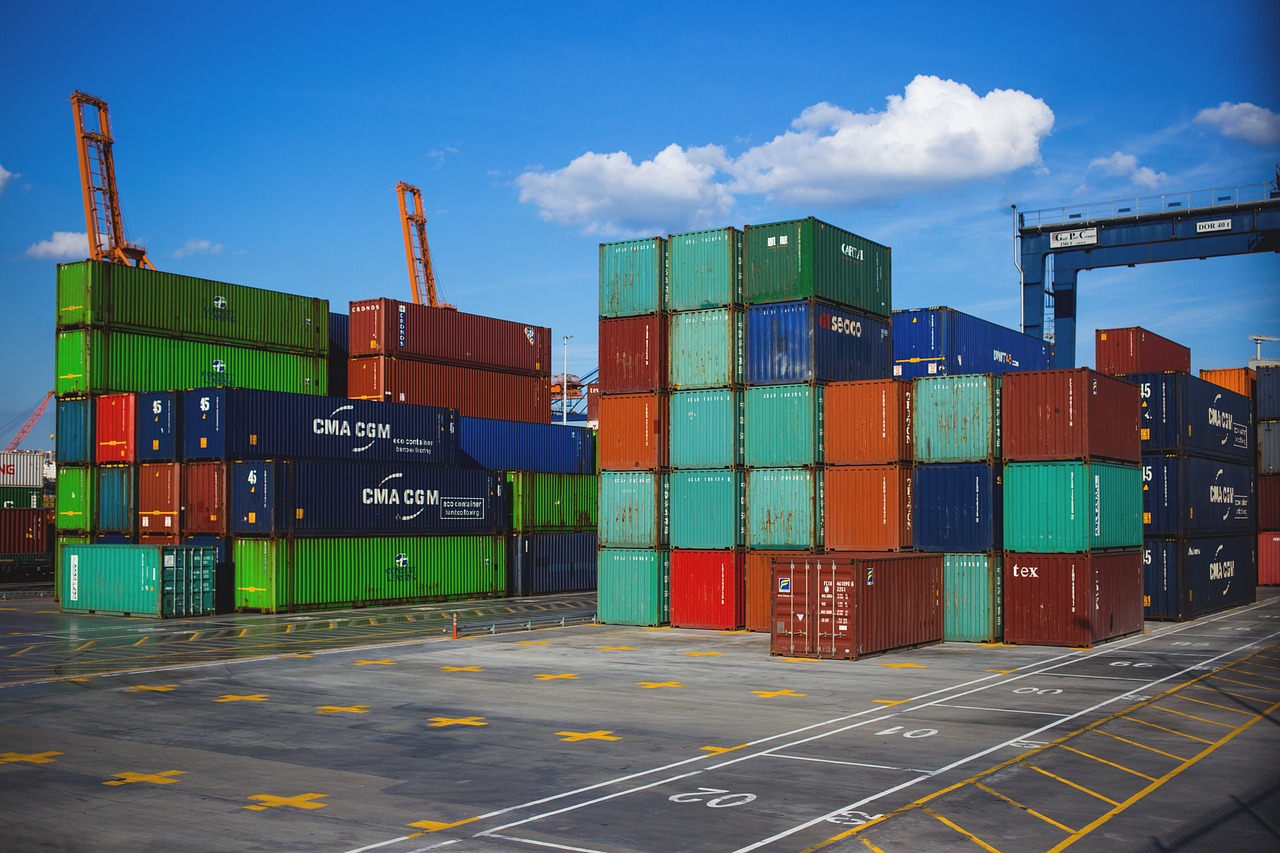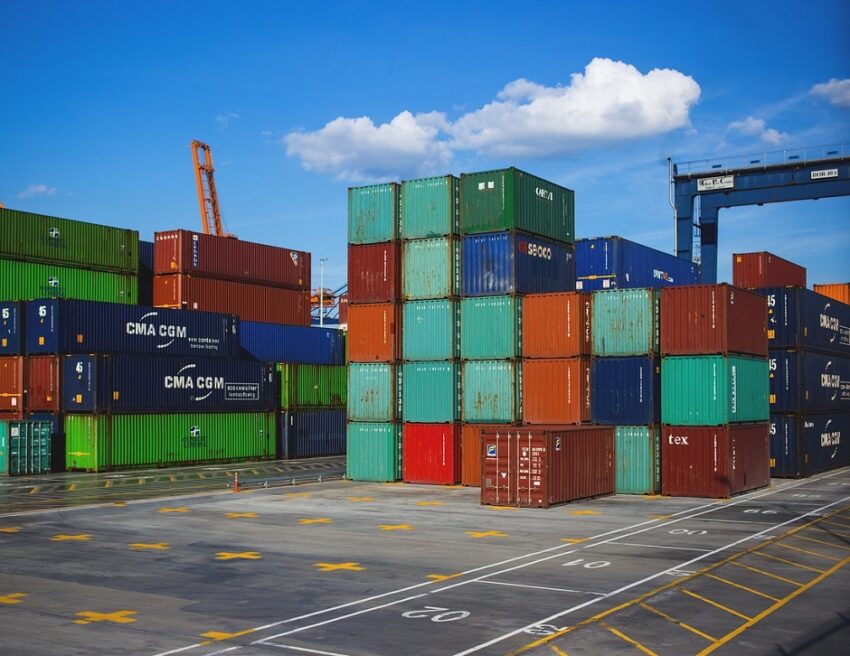Administrative Decision No. 2 of 2023 on the Transparency of Local Sea Container Charges in Dubai Directive, announced by the Dubai Maritime Authority (DMA), is a significant step towards enhancing the transparency, accountability, and competitiveness within Dubai’s maritime sector. The Administrative Decision, which results from comprehensive industry-wide consultations conducted as part of the DMA’s formal stakeholder partnership program, will be effective starting from August 1st, 2023. It is the outcome of an in-depth analysis of the container shipping industry and local sea container charges carried out by the DMA. This decision aims to enhance transparency within the maritime sector and facilitate business operations in Dubai.

The new Administrative Decision highlights five pivotal changes aimed at facilitating the adoption of global best practices throughout Dubai’s maritime ecosystem. Today’s blog explores the consequences of the new directives on the container shipping industry in UAE and beyond.
Changes brought about by DMA’s Administrative Decision No. 2 in Dubai’s container shipping industry
To begin with, Administrative Decision No. 2 of 2023 regarding the Transparency of Local Sea Container Charges in Dubai Directive will put an end to the freezing of sea container charges, which was introduced by Directive No. 1 of 2023 on the same subject.
Secondly, this new directive mandates that providers of local sea container services must openly publish the details of charges they previously submitted to the DMA on their corporate websites within 30 days. This move enhances transparency for their customers.
Thirdly, it permits providers of ocean freight services to request amendments to their charges through the Dubai Trade single-window, following the defined process set by the Authority.
Fourthly, having undertaken an extensive analysis of the charges submitted by service providers, the Dubai Maritime Authority has acted to introduce a new mechanism where service providers will charge directly for their services, and the local Port Operator will issue invoices separately for their provided services such as its Terminal Handling Charges (THC) and Truck Loading and Unloading Charges (TLUC) directly to the relevant user, as well as collect payment directly via the Dubai Trade Platform.
Fifthly, following an extensive analysis of charges submitted by service providers, the DMA is implementing a new mechanism. Under this mechanism, service providers will directly bill for their services, while the local Port Operator will issue separate invoices for their provided services directly to the relevant users. Payments will also be collected directly through the Dubai Trade Platform.
Finally, all Delivery Orders will be digitally issued through the Dubai Trade Digital Delivery Order platform, further solidifying Dubai’s status as a digital city. Additional information regarding the implementation of this system will be communicated in the future.
Changes in Tariffs brought about by Administrative Decision No. 2
The Terminal Handline Charge (THC), in addition to other relevant fees for port clearance, will be levied when settling payments with the forwarding company via Dubai Trade Single Window for both Import and Export Declarations.
A new service, named “Export TLUC/Shifting Charges Payment,” on Dubai Trade Single Window, will facilitate the collection of Truck Loading and Unloading Charges (TLUC) and Shifting charges. To ensure smooth processing, TLUC payments must precede the generation of e-Tokens/Gate bookings for the delivery of empty containers. Should users decline container acceptance, the TLUC and Shifting Charges will continue to be invoiced to the agents.
In cases where containers go unclaimed and eventually move to public auction, are destroyed, or are abandoned for any other reason, all relevant charges, including THC, will be billed directly to the respective Shipping Line/Agent after a three-month tenure in the port.
For full container exports, late addition charges will persistently be assessed against the shipping lines. Finally, if any container contains Hazardous or OOG (Out of Gauge) cargo, the associated hazardous surcharge and fees for using special equipment will be invoiced to the relevant Shipping Line agents.
The impact of Administrative Decision No. 2
Dubai is a global hub for maritime shipping and logistics, and it holds the distinction of being the first city in the region to rank among the world’s top five destinations for the maritime industry, according to the International Shipping Centre Development (ISCD) Index. Notably, Dubai’s ranking surpasses that of Rotterdam, Hamburg, Athens, New York, New Jersey, and Tokyo.
Earlier this year, the Dubai Maritime Authority (DMA) was granted an expanded mandate. Subsequently, the DMA initiated an extensive consultation process involving the entire industry. This was followed by a comprehensive analysis of the industry’s landscape and the local sea container charges filed under Directive No.1. Consequently, the DMA has now introduced Administrative Decision No. 2 of 2023 on the Transparency of Local Sea Container Charges in Dubai Directive. The directive will also impact trans-shipment containers via Jebel Ali to other Arabian Gulf ports. That cost goes up significantly as well.
This decision is geared towards reinforcing transparency, accountability, and competitiveness within Dubai’s maritime sector. It is expected to enhance Dubai’s competitiveness as a prominent global trade hub.


